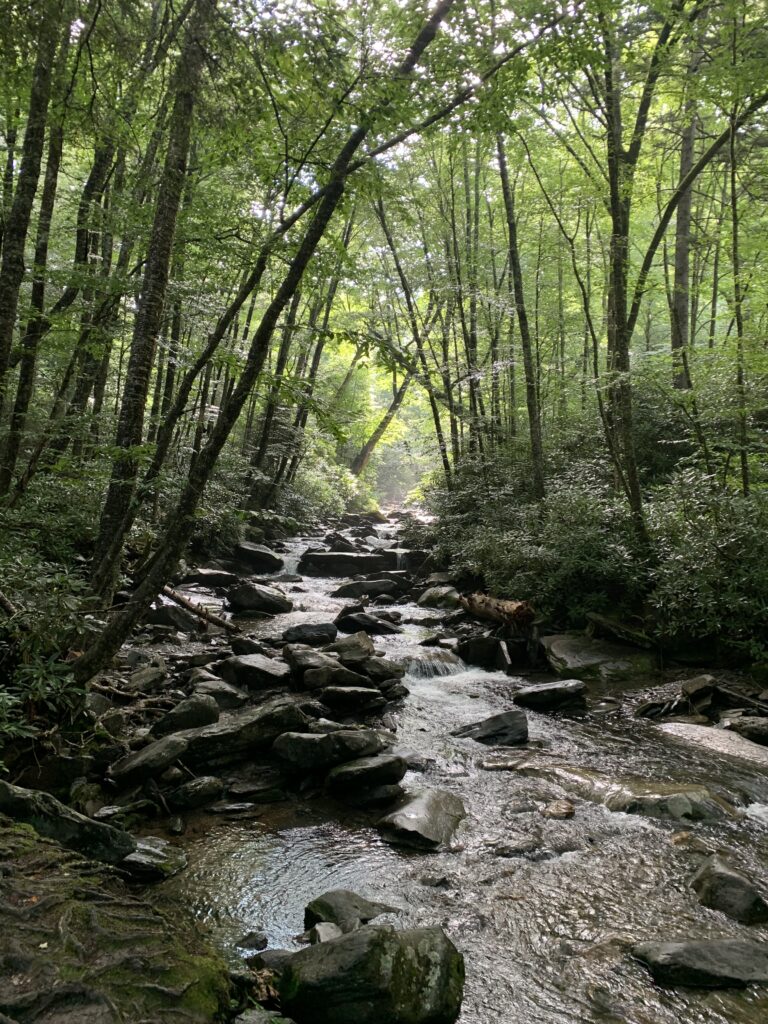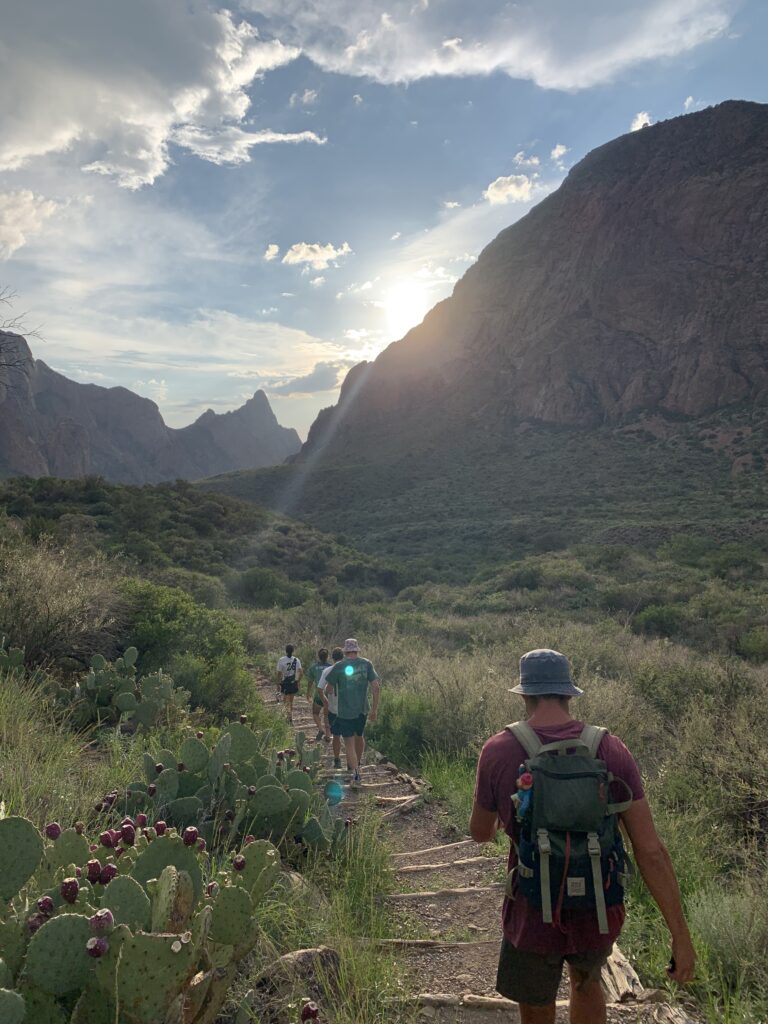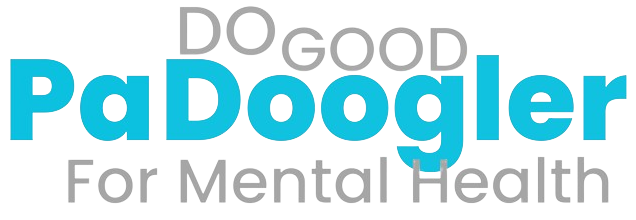With our ever-increasing dependence on technology, further exacerbated by the COVID-19 pandemic, people of all ages have been spending more and more time indoors staring at their screens. A post-pandemic report showed that the average screen time for American adults has increased by over 60% since 2020. With so many essential day-to-day functions having been migrated to apps and websites, it can be hard for individuals to effectively cut down on the number of minutes they are spending fixated on their devices each day. And with several recent studies showing how time spent online can negatively impact our mental health, it’s not hard to feel hopeless about the toll that our digital society is taking on our well-being – and about how much control we really have over its moderation.
But there are several factors of our day that we can control – one of them being the amount of time we spend outdoors. Along with the increase in screen time has come a corresponding decrease in time spent outside in nature, and research shows that lack of outdoor time also negatively impacts our health in various ways. There are great physical and psychological benefits to being unplugged and in nature, and doing so can help offset some of the negative effects of being chronically online.

The Physiological and Cognitive Benefits of Being Outside
The physiological benefits of being outdoors are numerous and well-studied. As a result of retinal exposure to sunlight, respiratory exposure to fresh air, and many other sensory inputs, being outdoors positively impacts our mental and physical health in several ways. Studies show that being outside decreases cortisol levels in our bodies, which helps reduce stress and decrease blood pressure (hence why stepping outside for some air often helps calm us down). Furthermore, exposure to sunlight helps increase our levels of Vitamin D, which bolsters our immune health and muscle function. Time spent outdoors is so beneficial to health, in fact, that a community initiative called ParkRx has sprouted and partnered with the National Park Service to encourage doctors to prescribe outdoor time as a wellness-booster. Similar practices are encouraged and prescribed by doctors worldwide, including shinrin-yoku (forest bathing) in Japan.
Outdoor time as a prescription for well-being makes a lot of sense when we think of many of the everyday activities that we’ve learned to be associated with good health. Engaging in interactive and involved activities outdoors has been well-documented to improve cognitive function, mood, and physical health in individuals. Gardening, outdoor sports, and hiking, for example, are all great ways to give yourself a little mental health boost for all the previously mentioned physiological reasons. Dr. Lisa Nisbet, PhD, a psychologist at Trent University in Toronto, notes that even a simple stroll out in nature can boost one’s mood in the short term, in addition to the other physiological benefits previously mentioned.
Dr. David Sabgir, a cardiologist in Columbus, Ohio, saw firsthand that many of his patients were not quite using the outdoors to their advantage in order to realize positive behavioral change. In 2005, feeling the urge to more directly impact his patients’ well-being, he invited patients to come out for a walk with him on a weekend as a way to connect with them outside of a clinical setting and encourage them to be active. When over 100 people showed up for a morning stroll, Dr. Sabgir decided that there was potential to develop this idea into something much bigger to impact many more lives. He started Walk With a Doc, an organization that connects doctors with their patients in an informal, non-clinical environment through scheduled outdoor walks. The non-profit is a testament to the power of not only time spent outdoors, but also the opportunities for connection that it can present.
Outdoors and Connectedness

Another focus of research related to time spent outdoors revolves around how it makes us feel more connected with nature, the world, and others. Studies on social media usage and digital dependency have shown that while social media has its benefits in helping us feel connected to current events, friends, and community, it has a much larger negative impact on feelings of connectedness. Social media has often been cited as fostering feelings of isolation, depression, and anxiety due to the channels it opens for cyberbullying, unhealthy comparisons, and addiction to scrolling.
Several recent studies show that spending time outside can actually have the exact opposite effects as these negative outcomes of social media usage. John Zelenski, PhD, a professor of psychology at Carleton University in Ontario, Canada, conducted a study where he analyzed subjects’ prosocial tendencies and compassion after showing them 1 of 2 videos beforehand – either a nature documentary or a video on architectural landmarks. Subjects who watched the nature documentary performed far more prosocially with other subjects on the ensuing activity, and showed a higher tendency to exhibit pro-nature behavior in a hypothetical situation where they had the option not to. As Trent University’s Dr. Nisbet notes, “The sense of connection you have to the natural world seems to contribute to happiness even when you’re not physically immersed in nature.”

In another study by Zelenksi’s team, young students were observed to act more prosocially towards their peers and strangers after a field trip out in nature than after a field trip to an aviation museum. Both of these experiments yielded results that suggest a correlation between time spent in nature, or even just consuming nature-related content, and prosocial behavior. Essentially, connecting with nature truly can make us feel more connected to those around us – potentially due to the appreciation and realization of something bigger than ourselves. There is more research to be done on the exact neural mechanisms of these effects, but it is clear that we benefit both cognitively and socially by being outside with others.
Closing Thoughts
Making a conscious effort to spend time outdoors every day, whether it’s 15 minutes or a couple of hours, can benefit our physical and mental health greatly. In addition to the neurological and cognitive improvements that nature has been shown to trigger, being outside can help us feel more relaxed, more compassionate, and more appreciative of everything around us. Similar to volunteering and doing good in our communities, going outside can act as a medicine for our health when we do it consistently and with intent. So on your next lunch break, swap out 30 minutes of mindless scrolling for a quick walk, and notice the difference it makes on your headspace.
